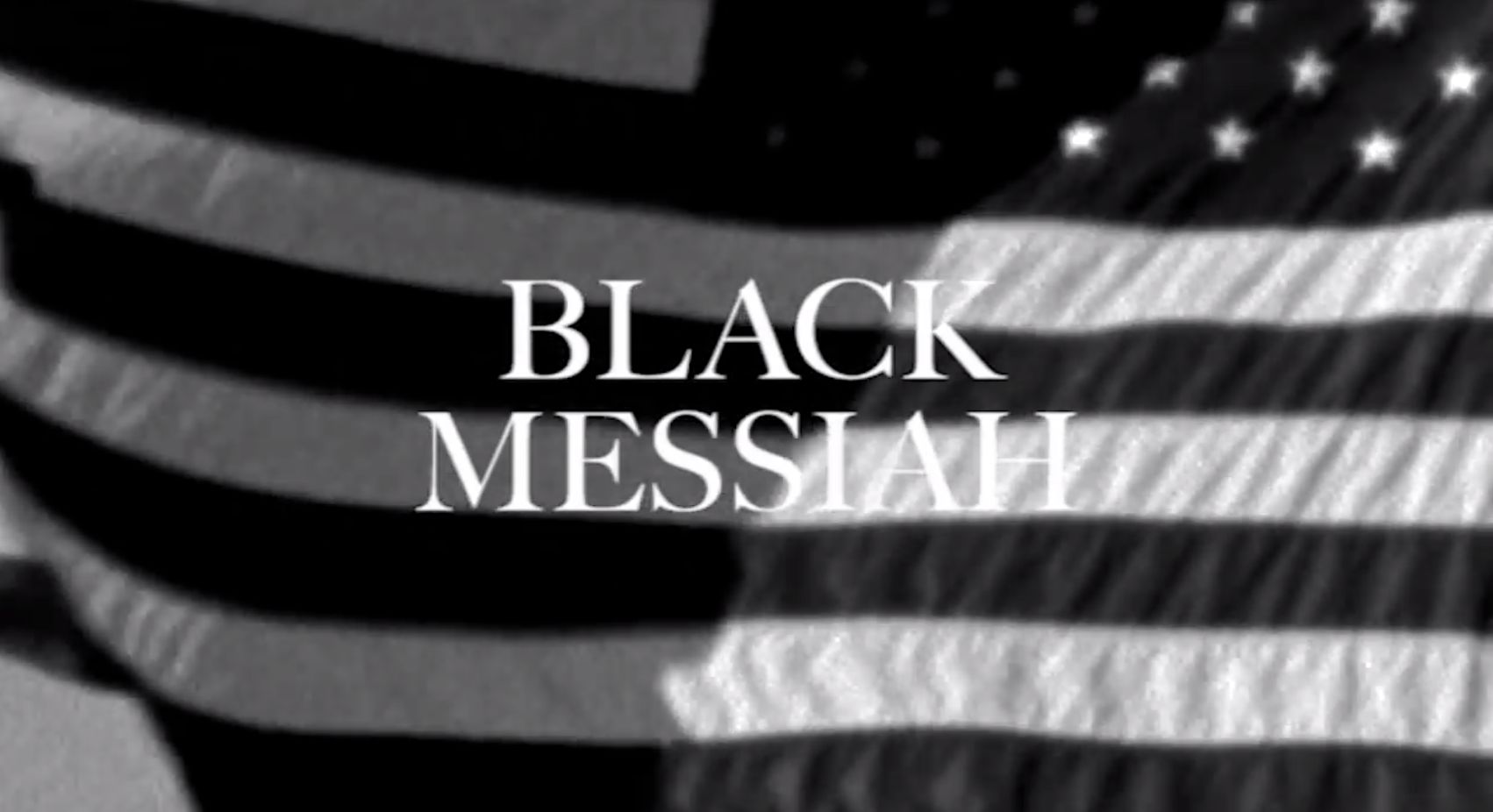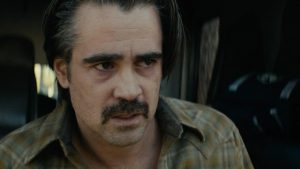Che hangs on the wall of my dorm, and its not because Latin America’s version of Warhol’s Marilyn Diptych raises the dorm’s aesthetic. Truly, the reason for the poster is that at home we believe that in every God-fearing soul there is a communist. Che looks over you much like those saints on the candles in my dorm, Guadalupe and San Antonio.
Oops. I just confessed to possessing candles in my dorm. You better prepare for authorities coming to look for the communist santero in Village C.
But in all honesty, the charm of the region below the nearly 2,000 mile long fence between Mexico lindo and America is the ability to define culture, politics and religion as a single mess. The region is where liberation is salvation. Where the artist, intellectual and activist are all the same. Where Calle 13, Daddy Yankee meet Jose Marti, is king. Knowing of my roots there, you can’t imagine the child jumping within me when on iTunes I saw, all in a single beautiful frame, vanguard, black and messiah atop a picture of a mass with their hands up. Christmas had come. D’Angelo, prince of resistance, had arrived.

I didn’t know anything about D’Angelo. Our encounter, through his and The Vanguard’s album, Black Messiah, had been either a coincidence or the fate of a young communist santero and disappeared black artist. Either way, once introduced, I knew the music invited intimacy and the lyrics (of many songs) resistance.
D’Angelo’s whispers, undecipherable rambles, and rasp bring us into the room of an artist jamming, expressing the most private of his emotions. Soul and R&B climax at the blues, funk and hip-hop mountaintop where songs speak of looking for the good when days are glum and holding onto that good for glummer days. D’Angelo in the album seeks a personal, political and cultural redemption that cannot be ignored.
Buzz around D’Angelo is not new. Fourteen years ago, D’Angelo hit the market with Voodoo. Acclaimed for what is expected of D’Angelo—stylistic mixing and synchronization—the album soon was overshadowed by the music video for “Untitled (How Does It Feel?).” Four minutes and twenty-eight seconds of D’Angelo naked and lip sinking to the song turned him into a sex symbol and nearly silenced him for 15 years.
Yet, D’Angelo is no longer silent. “The Charade” is D’Angelo’s manifesto and apparently, ours: “All the dreamers have gone to the side of the road which we will lay on / Inundated by media, virtual mind fucks in streams / All we wanted was a chance to talk / ’stead we only got outlined in chalk / Feet have bled a million miles we’ve walked / Revealing at the end of the day, the charade.”
Black Messiah inspires a lust for life where resistance is existence. As D’Angelo describes Black Messiah, “It’s about people rising up in Ferguson and in Egypt and in Occupy Wall Street and in every place where a community has had enough and decides to make change happen.” D’Angelo’s resistance is one of artist against mass, and mass against system.
The album, meant to release next year, was released instead in response to national unrest surrounding the cases of Mike Brown and Eric Garner. D’Angelo did not conform to the role determined for him; he instead inserted himself in public discourse and intellectual conversation.
Within the Frankfort School of the twentieth century, pop culture and its role in society became one of the major topics of debate. The polemics: that of Adorno who saw pop culture as a mechanism used to control and Benjamin who viewed mass culture’s potential for resistance. D’Angelo negates Adorno, affirms Benjamin, and offers hope.
D’Angelo not only resists mass culture’s ability to control an artist and his public, but also uses mass culture to resist structural, social and economic injustice. In the age where we march with our hands up but still listen to how O.T Genasis is in love with “coco” and Big Sean does not give a fuck, D’Angelo was needed. Needed for me to have some faith in America’s pop culture. Needed for Georgetown, in its Jesuit glory, to embrace social justice.
We live in a heaven, surrounded by the wealth concentrated on a couple blocks of Washington DC; a wealth, unimaginable to the other side of town; a heaven where God wears Sperry Top Siders and preaches social justice, but really means charity. Here D’Angelo comes in too, asking us as he did in “Till It’s Done (Tutu),” “Do we even know what we’re fighting for?”
D’Angelo has risen from a 14- year-long sleep. Given this new hope and the post Christmas season, I can’t resist my urge to speak. It is time for the black messiah—who reflects and resists—to be born in us all.
Know that I’m not suggesting that we all come together for mass with an icon of D’Angelo front and center. That is, of course, unless I can bring my candles and Che.
Photos: readandhear.com, blogrebellen.de







